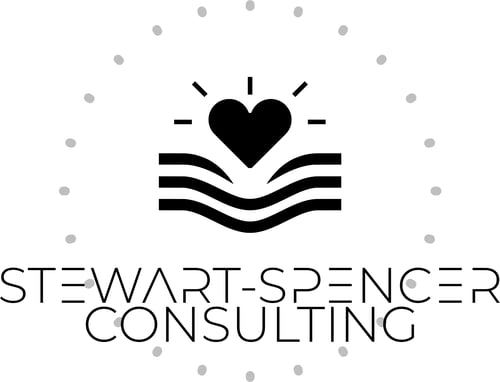CTP Training Overview/Objectives
• The historical events and seminal figures that contributed to the development of the field of traumatic stress
• Understand major research, treatment interventions, and important literature in the field of traumatic stress
• The active ingredients in healing traumatic stress
• Evidence-based interventions, common factors and emerging trends for effective treatment of traumatic stress
• The common factors for healing traumatic stress
• The therapeutic relationship and positive expectancy (relational factors) for positive outcomes in treatment
• Reciprocal inhibition, relaxation, self-¬regulation, exposure and narrative in the treatment of traumatic stress
• The potential deleterious personal effects associated with treating traumatic stress
• The DSM-V diagnostic criteria for PTSD
• Knowledge of prominent clinical assessment tools and instruments
• The role of scoring and interpretation of assessment and its application to case conceptualization
• The elements of various interview protocols (e.g., semi-structured interview, mental status exam, PIDIB) as they apply to the treatment of traumatic stress
• The Tri-phasic Model as standard of care when treating traumatic stress
• The psycho-educational components of early treatment of traumatic stress
• The roles of perceived threat, stress, PNS/SNS, and somatization in the symptoms of traumatic stress and their management
• Identify and discuss the effective treatments for traumatic stress
• Demonstrate procedural understanding of the use of IATP Five Narrative Model for Desensitization and reprocessing of traumatic memories
• Principles and practices for approaching/treating traumatized children/adolescents, comparing and contrasting these with those for adults
• De-escalation and debriefing practices following a traumatic event, such as bullying, active shooter incident, etc
